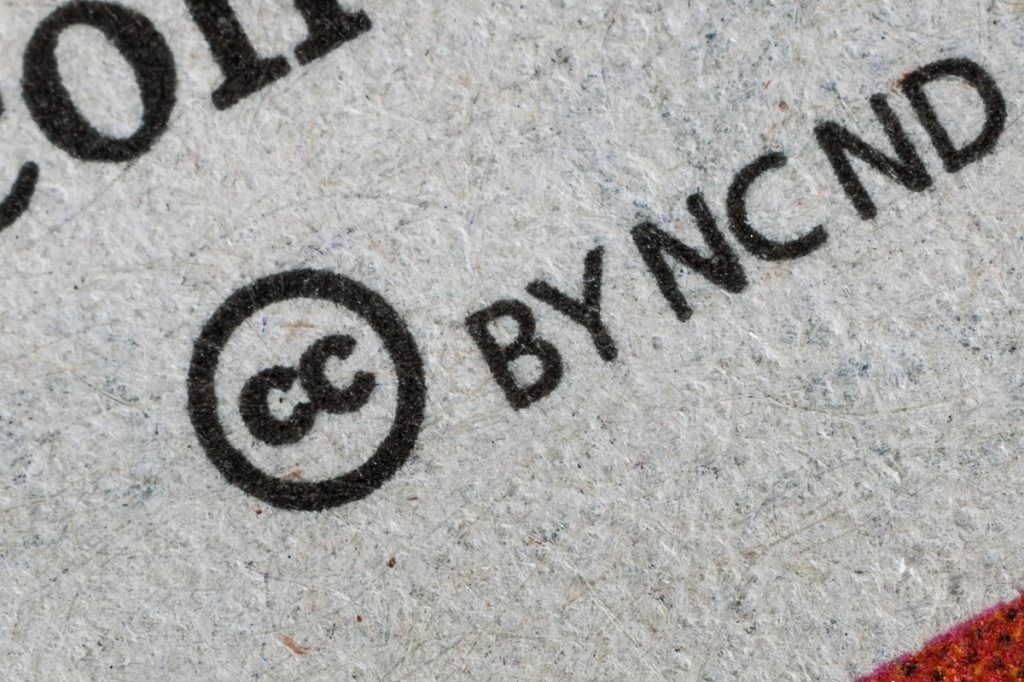Businesses own an extensive collection of assets and properties. The first things that may come to mind are the buildings, the tools and equipment, the tables, and the computers. These properties can be touched and felt, which is why they are called tangible properties. But businesses own more than these things.
There are also intangible assets. Basically, these are properties and things that you cannot see, touch, or feel. The closest thing to touching them would be holding the documents hat symbolize them. While these assets do not have a material form, they have a direct influence on how your business works. As a budding businessperson, it is important that you know what intangible assets are. If you are looking for some useful pieces of information, you better read this article.
This guide gives you a rundown of the types of intangible assets and how you should take care of them:
Knowing the Basic Types of Intangible Assets
Just like your physical assets, intangible assets also come in many different forms. They mainly include brand names, contracts, goodwill, patents, and even trade secrets.
Brand names and trademarks are basically the name or identity of your company. Without a name, you will not be able to foster a lasting relationship with your customers. Some contracts of your company can be honored as intangible assets. Contracts with suppliers, partners, and customers are among the things that make your business operations possible and sustainable.
Your image or goodwill, on the other hand, is also a form of asset. The public perception of the company influences the views of customers and potential partners. If you have a good image, you will be able to get prospects. Patents are also an asset because they help with reducing the number of competitors that will challenge your business. Trade secrets, such as the method of cooking, the ingredient, or any practices that competitors do not have, are also assets that make the business unique.
The Ways to Get Them
Getting intangible assets can be done in many ways. For instance, if you have a breakthrough or a discovery, you may ask for a patent. Merging with another company may give you access to their trade secrets and other intangible assets. In some situations, you can buy patents and take control of the trademarks.
Managing Your Intangible Assets
Managing intangible assets sometimes requires specialists, such as lawyers and trademark experts in Salt Lake City. You might want to have a team of attorneys and legal advisers who will manage your portfolio. Outwardly, you will also want to work with PR firms and advertising agencies to maintain your image.
Your business does not only operate through physical and material means. It also has a slew of non-material properties that greatly affects the way your business works. Knowing the types of intangible assets will also help you understand how you will be able to take care of them properly. Protecting such assets will also require you to work with reliable legal professionals such as trademark experts and business lawyers.


